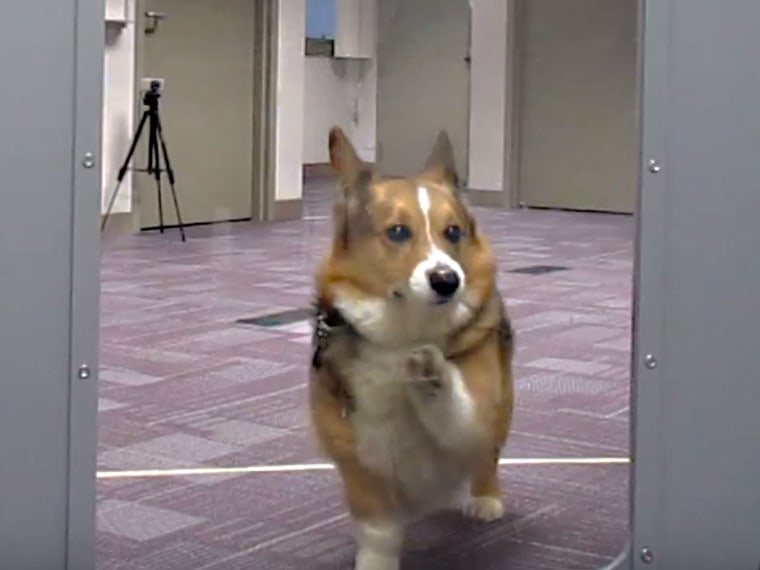Did you know??? Using
fresh, easily digestible pet food ingredients will promote healthy teeth and
gums. A common myth that simply giving pets hard, crunchy food to prevent
dental problems has not proven to be true in veterinary research. It is the
quality of ingredients and your pet’s ability to digest them that will reduce
tartar and tooth decay
Signs
of poor digestion include gas, bad breath, hunching over after meals, loose
stool, licking or smacking of the lips, vomiting and eating excessive amounts
of grass. Ensuring your pet is digesting food is the first step to overall good dental
health, but having regular dental check-ups are also important.
Natural supplements that help to improve your pet's digestion can also reduce the tartar on your pet's teeth. Since the mouth is the beginning of the digestive process, these supplements help to maintain a healthy digestive process. Good digestion results in saliva with the proper pH which can greatly impact your pet's teeth and gums.
Power Probiotic - The best probiotic for pets! Backed by scientific
research, this powerful, multi-strain formula promotes the growth
of good, friendly bacteria which boosts your pet's immune
system. Pure and natural, Power Probiotic does not contain any
fillers. Supports a healthy mouth, digestive system and immune system.
Gastro ULC When
pets have acid reflux it can cause stomach acids to back up into the esophagus and
mouth. This can lead to erosion of the teeth and other periodontal
problems. Pets with acid reflux tend to have bad breath as well. Gastro
ULC relieves acid stomach pain and repairs inflamed tissues.
Colostrum for Pets- Colostrum has been shown in research studies to enhance digestion and improve the immune system. Colostrum is very helpful for pets with bad breath, gingivitis and stomatitis. Ask Ariel Colostrum For Pets contains tegricel colostrum which is backed by scientific research and proven to be more effective than general colostrum products. Note: Colostrum is derived from dairy and should not be used by pets with a known dairy allergy.






